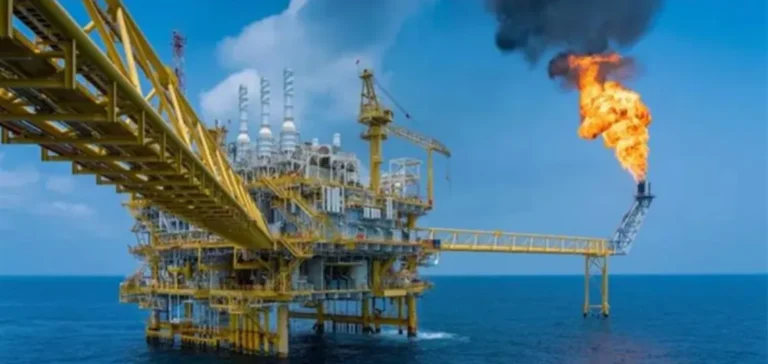Egypt has reinforced its commitments in the gas sector with the signing of three new exploration contracts aimed at reviving declining domestic production. These agreements, announced by the Ministry of Petroleum, involve Apache Corporation, Dragon Oil and Perenco Egypt, and target areas located in the Western Desert, the Gulf of Suez and North Sinai. The total expected investment exceeds $121mn, with operations scheduled in the coming months.
Targeted investments in three strategic zones
Apache Corporation, based in the United States, will invest $35mn in the Western Desert, a region already known for its hydrocarbon potential. Dragon Oil, a subsidiary of the Emirati national company ENOC (Emirates National Oil Company), plans a $40.5mn commitment for operations in the Gulf of Suez. Finally, Perenco Egypt, the Egyptian branch of the Franco-British group Perenco, will mobilise $46mn in the North Sinai region.
These contracts follow a memorandum of understanding recently signed with BP to drill five new wells in the Mediterranean Sea. The partnership reflects the Egyptian government’s strategy to accelerate the search for new reserves to offset declining volumes from existing fields.
A context of domestic pressure and falling exports
Egypt’s gas production has dropped from approximately 7.2 billion standard cubic feet per day in 2020 to around 4.1 billion in 2025, due to ageing fields and steadily increasing domestic demand. This decline has significantly reduced exports of liquefied natural gas (LNG), particularly to Asian and Mediterranean markets.
The government now targets a production level of 6.6 billion standard cubic feet per day by 2027, according to statements from Prime Minister Mustafa Madbouly. Several ongoing projects, including those signed earlier this month with Shell, Eni and Arcius Energy — a joint venture between BP and ADNOC subsidiary XRG — represent an additional $340mn in investments.
Objective: restore net exporter status
These initiatives are part of a broader strategy to revitalise Egypt’s gas sector in order to meet national demand while restoring export flows, particularly via the LNG terminals of Idku and Damietta. Authorities hope that new explorations will lead to commercial discoveries capable of strengthening the country’s energy security.
“This is a crucial step to reinforce our production base and secure contractual export commitments,” said an official from the Ministry of Petroleum, without specifying the exact timetable for drilling operations.






















